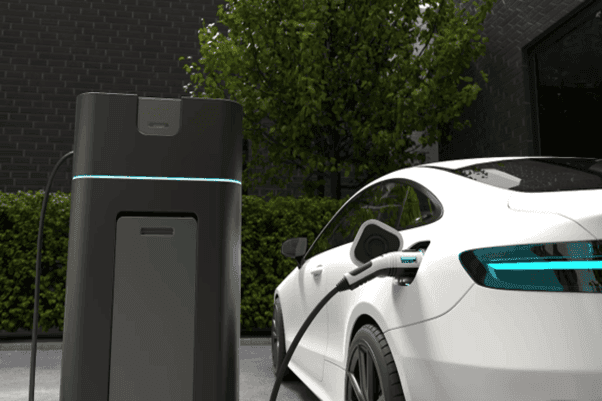Ford's Electric Gamble: A Costly Detour?

Ford's ambitious leap into the electric vehicle market, spearheaded by models like the F-150 Lightning, appears to be hitting financial headwinds. CEO Jim Farley openly acknowledged the challenges during the company's fourth-quarter earnings call, casting doubt on the sustainability of their current EV strategy, particularly concerning larger SUVs and pickup trucks.
The Price of Electrification: A Tough Sell
Farley pointed out the inherent economic difficulties in catering to customers with demanding use cases for EVs, such as towing, off-roading, and long-distance travel. These applications require large, heavy vehicles with substantial battery packs, leading to increased costs and reduced efficiency due to poor aerodynamics. He also noted a reluctance among retail customers to pay a premium for these large EVs, making them a challenging business proposition.
The price gap between electric and internal combustion engine (ICE) counterparts further complicates the situation. While the base model F-150 Lightning is competitively priced within the truck market, it still carries a significant premium compared to a similarly equipped gas-powered F-150. This price difference extends to other electric trucks, such as the Chevy Silverado EV and Tesla Cybertruck, making it difficult to convince consumers to make the switch.
Mounting Losses and Production Adjustments
Reports indicate that Ford is incurring substantial losses on its EV programs, contributing to a decline in the company's stock value throughout 2024. Ford's Model E division, responsible for electric vehicles, reported a staggering $5 billion deficit for the year, in addition to $1.9 billion in development costs. Production at the Rouge complex in Michigan, where the F-150 Lightning is manufactured, was temporarily suspended in late 2024.
The company has attempted to stimulate sales by offering incentives, such as free home chargers, which resulted in a 16 percent increase in EV sales during the fourth quarter. However, broader adoption rates remain lower than anticipated, and potential policy changes in the United States could further reduce incentives for EV purchases, hindering future growth.
A Shift in Strategy: Focusing on Affordability and Innovation
Faced with these challenges, Ford is recalibrating its EV strategy. The company is abandoning plans for a previously announced three-row EV SUV and instead prioritizing the development of more affordable EVs priced around $30,000. This move aims to compete with the anticipated entry-level Tesla model and expand the appeal of electric vehicles to a wider range of consumers.
Ford is adopting a startup-like approach to this new initiative, assembling a dedicated "skunkworks" team of engineers and recruiting talent from Tesla. The company is also exploring innovative powertrain solutions, such as extended-range electric vehicles (EREVs) that incorporate an on-board ICE generator for on-the-fly charging.
The EREV Solution: Bridging the Gap
EREV technology combines the benefits of electric propulsion with the practicality of a traditional combustion engine, addressing range anxiety and charging infrastructure limitations. While not entirely new, this approach is gaining traction as a viable option for transitioning to electric mobility. Competitors like Ram and Scout Motors are also developing EREVs, indicating a growing interest in this technology.
In the meantime, Ford will moderate its investments in EV infrastructure and concentrate on commercial offerings, such as the E-Transit van, which have proven more successful in the current market environment.
A Long Road Ahead
Ford's experience highlights the complexities of transitioning to an all-electric future. While the company remains committed to electrification, it acknowledges the need for a more sustainable and customer-centric approach. By focusing on affordability, innovation, and strategic investments, Ford hopes to navigate the challenges and capitalize on the long-term potential of the electric vehicle market. The road ahead is still long, and automakers are continuing to refine their strategies to achieve success in this evolving landscape.
Business News
Block Cuts 40% of Workforce as Jack Dorsey Bets Big on AI Efficiency
London Prepares for Robotaxis: Black Taxis Glimpse the Future of Urban Transport
The Best SaaS Content Marketing Agencies: A Comparison Guide for 2026
Where to Actually Find Cybersecurity Solutions (Without Losing Your Mind)
Best Akeyless Alternative in 2026




















